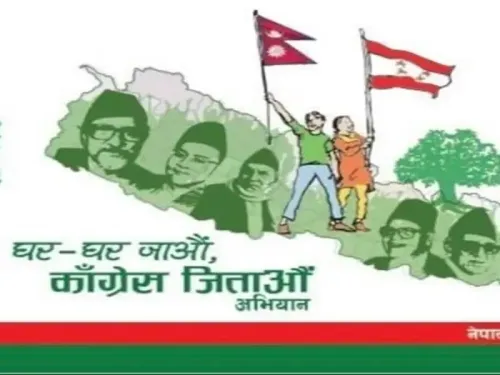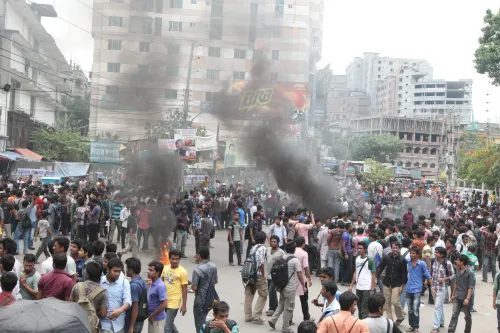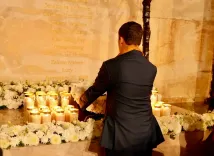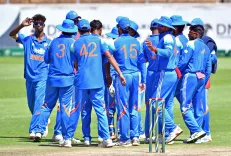What Recent Violence in Sudan's El Fasher and Kordofan Means for Civilians?
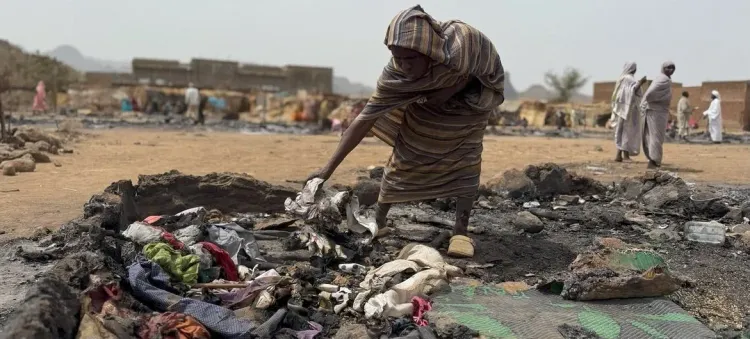
Synopsis
Key Takeaways
- El Fasher and Kordofan are experiencing severe violence.
- At least 40 civilians killed in recent attacks.
- RSF forces are implicated in the assaults.
- Humanitarian access is critically limited.
- UN emphasizes the need for protection of civilians.
The United Nations expressed grave concern on August 13 regarding the recent violence in the El Fasher region of North Darfur and the escalating turmoil in Kordofan, as reported by a UN spokesperson.
According to Stephane Dujarric, spokesperson for UN Secretary-General Antonio Guterres, a significant assault took place in El Fasher, impacting the Abu Shouk displacement camp.
"Local sources have attributed this attack to fighters from the Rapid Support Forces (RSF)," Dujarric noted on Tuesday.
Tragically, at least 40 civilians have lost their lives in Abu Shouk, with another 19 injured.
The International Organization for Migration (IOM) has indicated that escape routes from the city are obstructed, effectively trapping civilians and preventing them from accessing safety and humanitarian aid. Approximately 500 individuals have fled Abu Shouk to various locations within North Darfur.
Witnesses reported that the assault commenced early Monday morning, featuring intense RSF artillery bombardments targeting multiple areas, including the army headquarters and the Abu Shouk camp, followed by ground incursions from the east, southeast, and north.
In response, the Sudanese Armed Forces and allied groups claimed to have successfully defended against a substantial, coordinated ground attack by the RSF, asserting that they inflicted significant casualties on the RSF, with over 200 fighters killed and numerous combat vehicles destroyed or seized.
Sheldon Yett, the UN’s resident and humanitarian coordinator in Sudan, called for immediate and safe passage for those attempting to escape El Fasher and surrounding areas. He strongly denounced all intentional and indiscriminate assaults on civilians, as stated by Dujarric.
In South Kordofan, the IOM estimated that over 3,000 individuals fled Kadugli town last week due to escalating insecurity, with humanitarian access remaining severely restricted and nearly no road connectivity.
The UN Office for the Coordination of Humanitarian Affairs reiterated the obligations of those involved in the conflict under international humanitarian law, as reported by Xinhua.
"Attacks must not target civilians or civilian infrastructure, and constant care must be taken to protect them at all times," the office stated. "Furthermore, facilitating unimpeded humanitarian access to all in need of assistance is essential."


